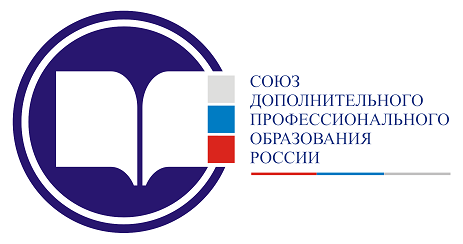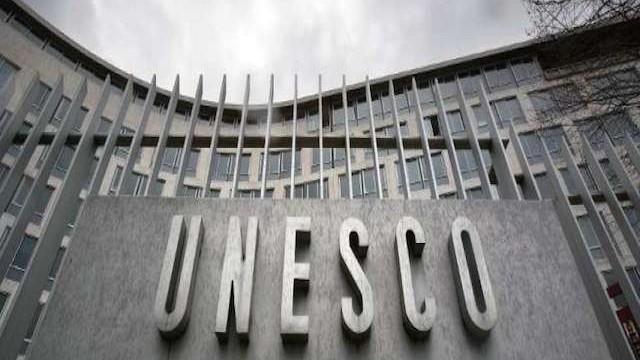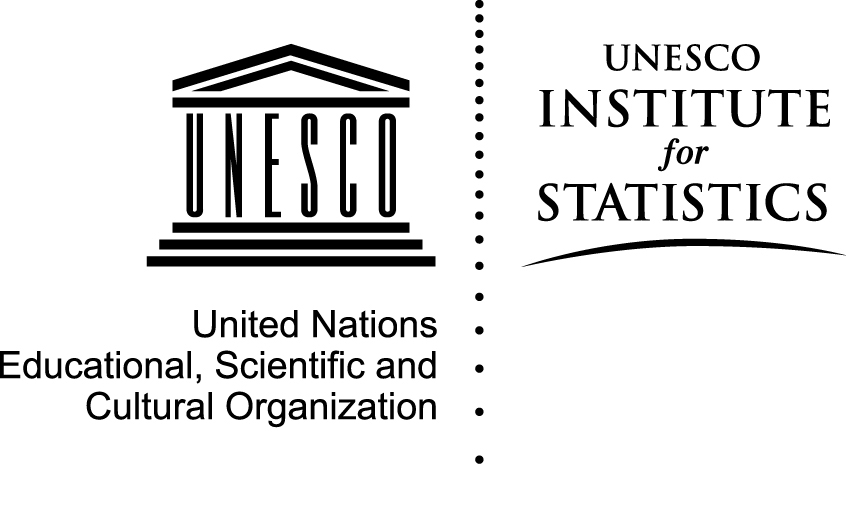The recommendations of the General Assembly of UNESCO on the development of adult education stated the following main points:
- Adult education should not be an addition, but an integral part of the national educational system of the country. It, being an integral and natural part of every national education system, should receive attention within the system and necessary economic resources.
- It is the responsibility of Governments to create conditions (both financial and administrative) in which satisfactory adult education is possible.
- It is important that civil society actively participate in adult education, which should be recognized by governments.
- Since adult education is not limited to any educational sector, activities should be undertaken to ensure cooperation and coordination among all stakeholders (agencies, organizations) at different levels.
- Adult education should serve the needs of marginalized groups (women, disabled, silver age).
- Adult education must be based on the needs of students and involve their diverse experiences in curriculum developing. Learning adults should play a major role in all aspects of their education and enlightenment.
Declaration of the European Ministers of Vocational Education and Training (VET), and the European Commission on the expansion of European cooperation in Vocational Education and Training, which was convened in Copenhagen on 29 and 30 November 2002, laid the foundation for the development of continuing adult education.
Then a number of documents were adopted in the development of the Copenhagen Declaration:
- Maastricht Communiqué on the Future Priorities of Enhanced European Cooperation in Vocational Education and Training (VET), December 14, 2004; Download pdf
- The Helsinki Communiqué on Enhanced European Cooperation in Vocational Education and Training, December 5, 2006; Download pdf
- The Bordeaux Communiqu on enhanced European cooperation in vocational education and training, November 26, 2008;
- The Bruges Communiqué on enhanced European Cooperation in Vocational Education and Training for the period 2011-2020 Download
In 2014, the Committee on Culture, Science, Education and the Media of the Parliamentary Assembly of the Council of Europe issued a report on upgrading the status of vocational education and training, stating that the time has come for the strategic development of vocational education and training, urgent measures to improve its quality, and bringing it in line with the needs of employers.







